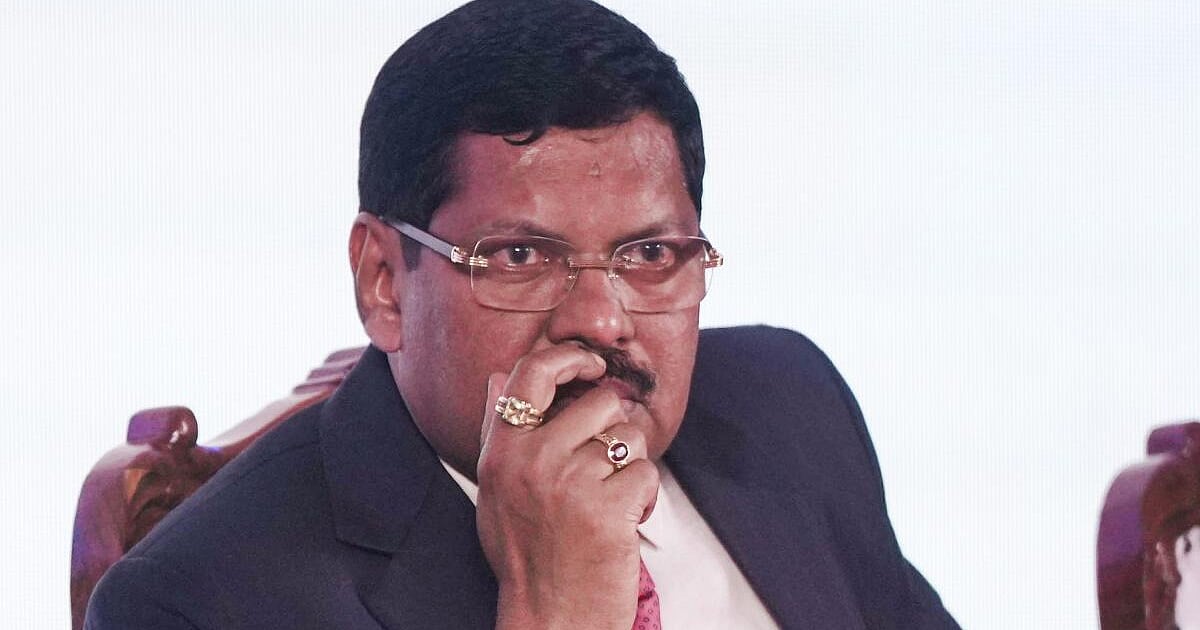CJI Gavai Sounds Warning: Tech Shouldn't Replace Human Touch in Singapore's Courts
2025-06-05

Press Trust of India
Singapore's Chief Justice (CJI) Lalita B. Gavai has cautioned against an over-reliance on technology in the judicial system, emphasizing the critical need to preserve the human element in delivering justice. Speaking recently, CJI Gavai highlighted the potential for public trust in the judiciary to erode if technology is allowed to take the 'driver's seat,' arguing that empathy and understanding remain essential components of a fair and just legal process.
The rise of artificial intelligence (AI) and automation has sparked considerable discussion across various sectors, and the legal field is no exception. While technology offers undeniable benefits – increased efficiency, reduced costs, and improved access to information – CJI Gavai's warning serves as a crucial reminder of the potential pitfalls of unchecked technological integration.
“If technology dominates justice delivery, there is a risk that public faith in the judiciary will erode,” she stated, underscoring the importance of maintaining a balance between technological advancements and the fundamental principles of fairness and compassion. The courts, she argued, must remain institutions where individuals feel heard, understood, and treated with dignity. Human judgment, informed by experience and empathy, is irreplaceable in complex legal scenarios.
This perspective resonates strongly within Singapore's legal landscape, which has historically placed a high value on the integrity and impartiality of its courts. The judiciary's reputation for fairness and independence is a cornerstone of the nation's stability and economic prosperity. Excessive reliance on algorithms and automated decision-making could inadvertently introduce biases or overlook nuanced circumstances, potentially undermining this crucial trust.
CJI Gavai’s comments are particularly relevant given the ongoing exploration of AI applications in Singapore’s legal system. From AI-powered legal research tools to automated document review, technology is already playing an increasingly significant role. However, the CJI's message suggests a need for careful consideration and responsible implementation, ensuring that technology serves as a tool to *support* human judges, rather than *replace* them.
The challenge lies in harnessing the power of technology to enhance the efficiency and accessibility of justice while safeguarding the core values of empathy, fairness, and individual consideration. This requires a thoughtful approach, involving ongoing dialogue between legal professionals, policymakers, and technology experts. It also necessitates robust safeguards to prevent bias and ensure transparency in algorithmic decision-making.
Ultimately, CJI Gavai's message is a call for prudence and a reaffirmation of the enduring importance of human judgment in the pursuit of justice. Singapore’s courts must continue to be seen as institutions that are both efficient and compassionate, upholding the rule of law while remaining responsive to the needs and concerns of the people they serve. The future of justice in Singapore, she implies, hinges on striking the right balance between technological innovation and the irreplaceable human element.






